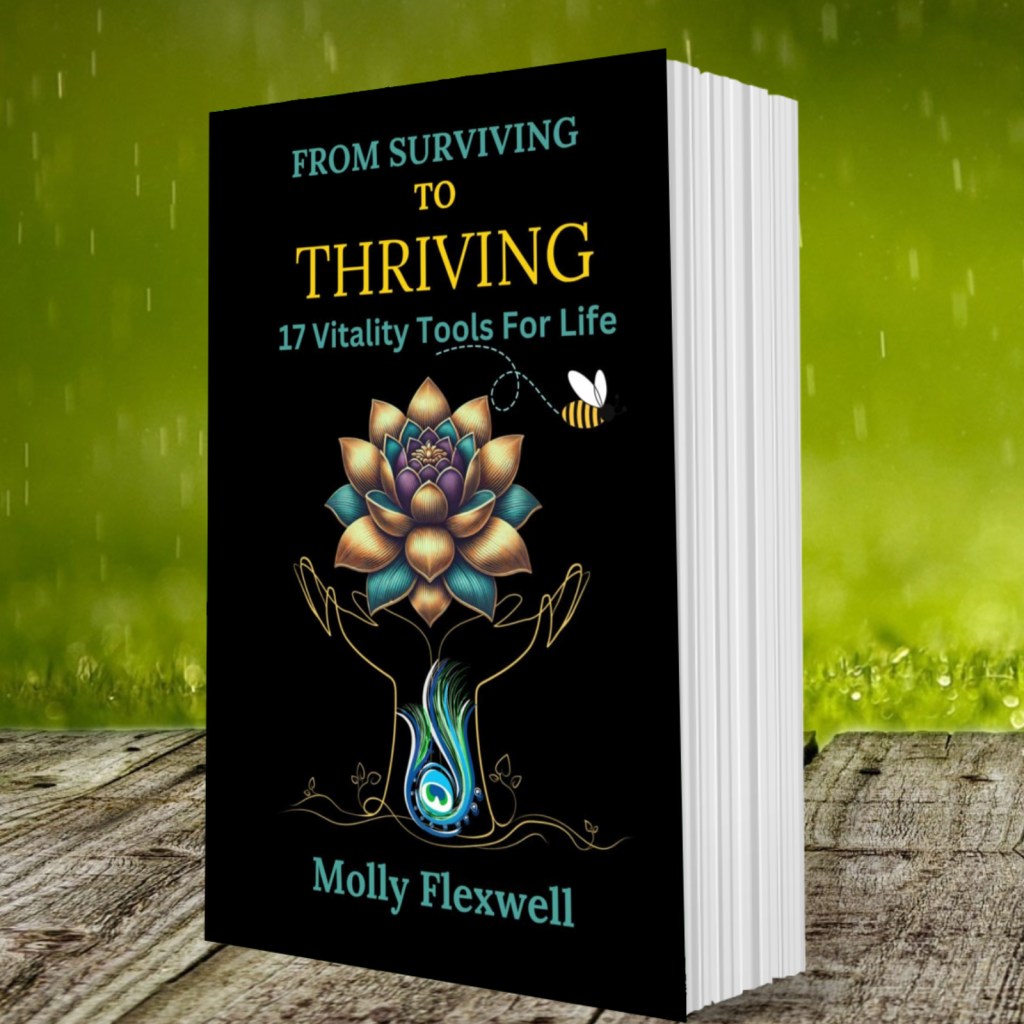In the quiet moments after a long shift, you might feel it—a subtle ache behind your eyes, a heaviness in your chest, or that nagging sense that you’re running on empty. As a mental health nurse, you offer your strength, compassion, and presence to others every single day. But who holds space for you?
The truth is, even the most capable, heart-led professionals face exhaustion, anxiety, and burnout. These aren’t signs of weakness—they’re signals. A gentle nudge from within saying: it’s time to pause and prioritise yourself.

As a mental health nurse, you encounter significant stress daily, carrying a unique emotional weight. When feelings of constant exhaustion, anxiety, and low mood persist, that’s a call to action. There’s no shame in experiencing these challenges; accepting them as signs you might need professional help is a strong, decisive step forward. Unfortunately, the fear of judgment or professional repercussions often holds many back. Remember: monitoring your mental well-being and seeking help early is an essential aspect of your job. Normalising help-seeking behaviour not only benefits you but could also be a guiding light for your colleagues. Stick with us to explore more about your mental wellness journey.
Understanding the Unique Pressures
It’s not hard to see that mental health nurses face a unique set of pressures. You’re on the front lines, offering care to individuals grappling with mental health issues. The daily challenges you face can lead to considerable workplace stress and emotional exhaustion.
While most professions have their share of stressors, your role as a mental health nurse is particularly challenging. You’re tasked with manoeuvring the complexities of mental health, a field fraught with uncertainty. You are often required to make quick decisions, and each choice can considerably impact the lives of your patients. This responsibility, coupled with the need to stay up-to-date on the latest treatments and techniques, can add to your stress levels.
You may also experience emotional exhaustion, a state of feeling emotionally drained due to the intense nature of your work. When you consistently provide emotional support to patients, it’s easy to feel emotionally depleted. You may find yourself becoming increasingly detached, which can interfere with your ability to provide the best care.
However, as overwhelming as these pressures may be, remember that you’re not alone. There are resources available to help you navigate these challenges. It’s okay to ask for help, and it’s OK to take care of yourself. After all, you can’t pour from an empty cup.
Recognising Mental Health Struggles
Over time, you may find yourself wrestling with your mental health struggles. This is a common experience and not a sign of weakness, but rather an opportunity for growth and enhanced emotional awareness. It’s important to recognise these struggles and understand they’re part of being human, especially when you’re in a profession as demanding as nursing.

The first step towards addressing these struggles is to acknowledge that they exist. It’s not about labelling yourself, but rather gaining a deeper understanding of your emotional state. You might feel persistently low, anxious, or find it hard to enjoy things you once loved. Maybe your sleep pattern has changed, or you’re using substances to cope. These are all signs that it’s time to seek help.
Building mental resilience is a journey, and it starts with recognising your struggles. You’ve to permit yourself to feel, and then find ways to manage these feelings healthily. Remember, it’s okay not to be OK. But, it’s also OK, and essential, to seek help when you need it.
You, as a mental health nurse, have the knowledge and expertise to understand the importance of mental health. Yet, it can be harder to apply this understanding to yourself. Don’t let that be a barrier. Recognise your struggles, understand your emotions, and take steps towards building your mental resilience. In doing so, you’re not only helping yourself but also setting a powerful example for your patients.
The Stigma Surrounding Help-Seeking
Despite your professional training, you might find a wall of resistance within you when it comes to seeking help for your own mental health struggles. You’re not alone in this. There’s a pervasive stigma attached to seeking help, even among those trained to provide it. It’s a tough hurdle, but it’s one you can overcome.
This stigma can often be characterised by feelings of shame or embarrassment, fear of judgment, or even a sense of failure. You might worry about how others will perceive you, or perhaps you’re concerned about professional repercussions. You’re a caregiver, after all, so shouldn’t you be able to handle this on your own?
The truth is, everyone needs help and care sometimes, even mental health professionals. There’s no shame in reaching out. It’s a sign of strength. It’s an acknowledgement that you’re human, that you’re self-aware, and that you’re committed to being the best you can be, both for yourself and for those you serve.
Stigma reduction starts with understanding and normalising the act of help-seeking. It’s about shifting the conversation from blame and weakness to resilience and empowerment. It’s about recognising that mental health struggles are part of the human condition, not a personal failing.

Every step you take in seeking help chips away at this stigma, both for yourself and for others. It sends a powerful message: It’s okay not to be OK, and it’s more than OK to seek help. In turn, you’ll empower others to do the same.
Identifying the Right Time for Help
Steering the journey of life, you may sometimes wonder when it’s appropriate to seek help for your mental health. Understanding the signs and knowing when to reach out can be challenging. But trust me, you’re not alone in this. It’s okay to ask for help, and it’s vital to recognise the early warning signs.
These early warning signs might include feeling overwhelmed, anxious, or having difficulty coping with day-to-day tasks. You might have changes in your sleep or eating patterns, or find yourself withdrawing from your usual activities or relationships. Perhaps you’re experiencing mood swings, chronic fatigue, or an overwhelming sense of hopelessness. These signs are your body’s way of saying that it’s time to reach out to a professional.
Don’t wait until you’re in crisis to seek help. It’s essential to connect with support systems early on. As a mental health nurse, you already understand the value of these systems. Reach out to colleagues, friends, or family members who understand your profession’s unique stressors and challenges. These individuals can provide empathy, guidance, and support, which are invaluable during difficult times.
The Importance of Self-Care Practices
Few things in life are as vital as taking care of yourself, especially when you’re a mental health nurse. Each day, you’re exposed to the emotional struggles of others, and this can take a toll on your mental well-being. That’s why implementing self-care routines is essential. These practices will help you stay grounded and maintain your ability to provide the best care for your patients.
Your role as a mental health nurse is both enriching and demanding. You’re constantly giving, often putting the needs of others before your own. This is admirable, but remember, you can’t pour from an empty cup. It’s essential to prioritise your well-being. By incorporating regular self-care routines into your daily life, you can replenish your resilience and remain at your best.
Stress management is another essential aspect of self-care. Finding healthy ways to cope with stress can significantly improve your mental health. This could involve activities like yoga, meditation, regular exercise, or simply taking a few moments each day to relax and breathe deeply. Remember, it’s okay to take a step back when you need to.
Don’t let the stigma around seeking help deter you from maintaining your mental health. It’s okay to reach out and get the support you need. Prioritising self-care and stress management isn’t selfish – it’s vital. After all, you can’t provide the compassionate, effective care your patients need if you’re not taking care of yourself first. You’re doing an excellent and essential job, don’t forget to take care of yourself too.
Take The Next Step
You’re not alone in your struggles. Nearly 50% of nurses experience symptoms of burnout. It’s essential to recognise when it’s time to seek professional help. Remember, there’s no shame in reaching out. Prioritise self-care and break the stigma surrounding mental health. You’re a healthcare hero, and it’s equally important to take care of your health. Stay strong and resilient, because your well-being matters too.
“Kindness to others is your calling, but kindness to yourself is your healing.” Molly
